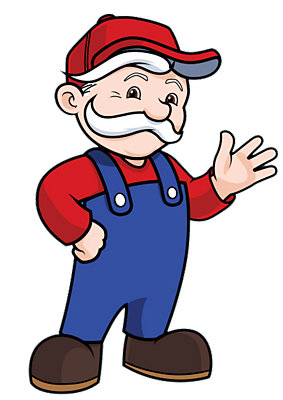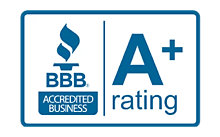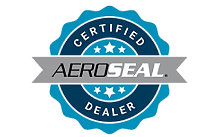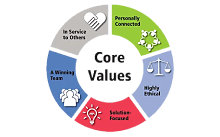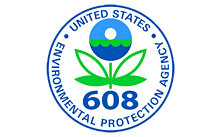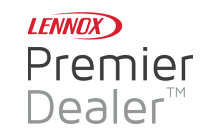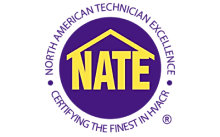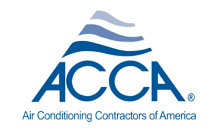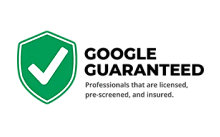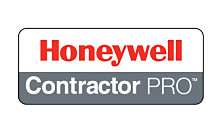Max is a technician, not a web developer.
He can't fix this.
He can't fix this.
There are a few possible reasons why you ended up here:
- The URL was misspelled or mistyped.
- The page was old/outdated so it was removed.
- A link on our site is broken.
But fear not! Max can restore comfort to your web browsing experience and get you back on the right path. Choose from the options below!
Comfort Connections Newsletter
Subscribe to our newsletter for tips & savings for your home HVAC and plumbing systems.
Award Winning & Industry-Leading
Who Is MAX?
Max is an important part of our team. He is more than just a cartoon character. Max represents our commitment to quality work, craftsmanship, pride, and passion to serve our clients and community. We celebrate this mentality through Max because these are the values that drive us to be the area’s most complete and comprehensive home service company. So, now when you see Max, you’ll know the story behind the man with the mustache!

